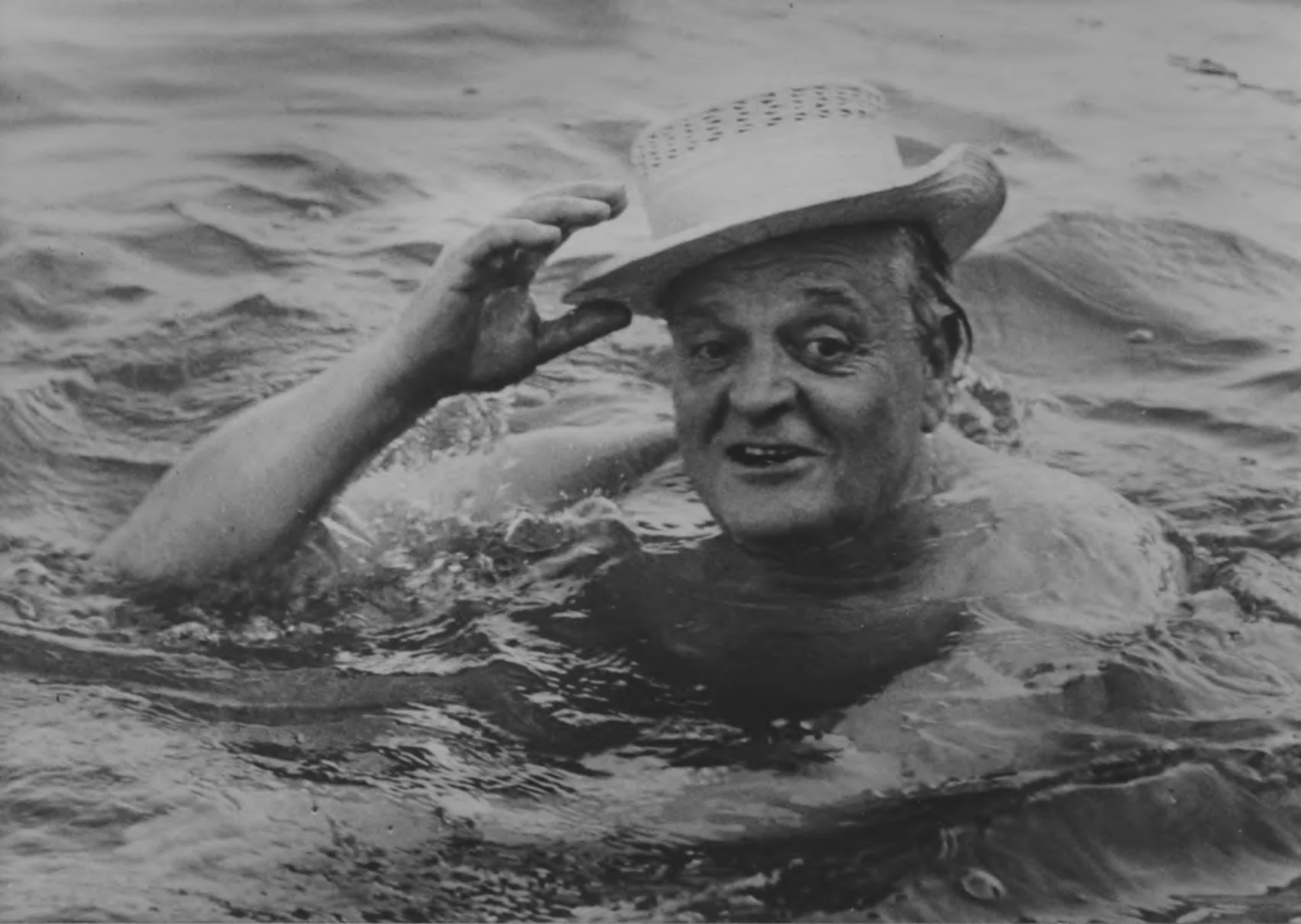Contact

Please direct individual enquiries about the history of Migros to the Historical Company Archives of the Federation of Migros Cooperatives.
navigation
Gottlieb Duttweiler followed the Swiss example and gave the Migros cooperative a federal structure. The regional cooperatives are equivalent to cantons, while the federation of cooperatives acts like the national government. But unlike the Swiss state, Migros granted women the right to vote.
When Gottlieb Duttweiler changes Migros AG into a cooperative in 1940, its future structures have to be created and these structures reflect the federalism of the Swiss nation.
The top level comprises the cooperative members – analogous to citizens. They are organised in regional cooperatives and select the cooperative committee from their ranks. The cooperative committee members then represent the regional cooperatives in the assembly of delegates. This is a type of ‘Migros parliament’ that defines Migros’ business policies.
From 1948, the members authorise the annual accounts of the business with a ‘ballot’ and are asked to comment regularly on its further development. For Swiss women, equal participation in this democratically organised process is something new. Here, as cooperative members, they may vote and be elected, which they cannot do as citizens of Switzerland until 1971. And there is more: Duttweiler has it enshrined in the statutes that women – and thus the customers on whom the welfare of Migros depends – must comprise the majority of the cooperative committee.
The Federation of Migros Cooperatives (FMC) represents Migros externally. It is made up of a management board, called an “executive management”, which is responsible for strategic matters. Migros’ internal operations, press, employee welfare and training come under its authority, as does investment in production facilities. It also secures a large proportion of purchases, while the cooperatives are responsible for sales.
The executive supports the General Directorate, the management, with a general director at the top. At its founding in 1941, however, the Directorate is made up of a management body of three directors: Gottlieb Duttweiler, Hans Munz and Arnold Suter.
In order to protect the continuation of his way of thinking, Gottlieb Duttweiler builds a safety net into the statutes: if one of the business managers violates the basic goals of the cooperative, he must pay a penalty to the Gottlieb and Adele Duttweiler Foundation. The Foundation, in turn, is obliged to make this money available for cooperative purposes. It is a scenario that has never happened in the history of the Federation of Migros Cooperatives.